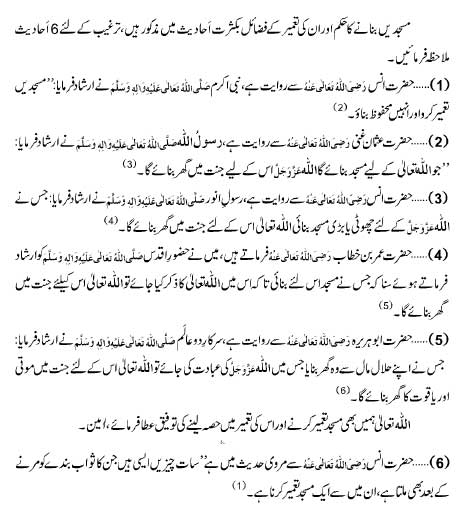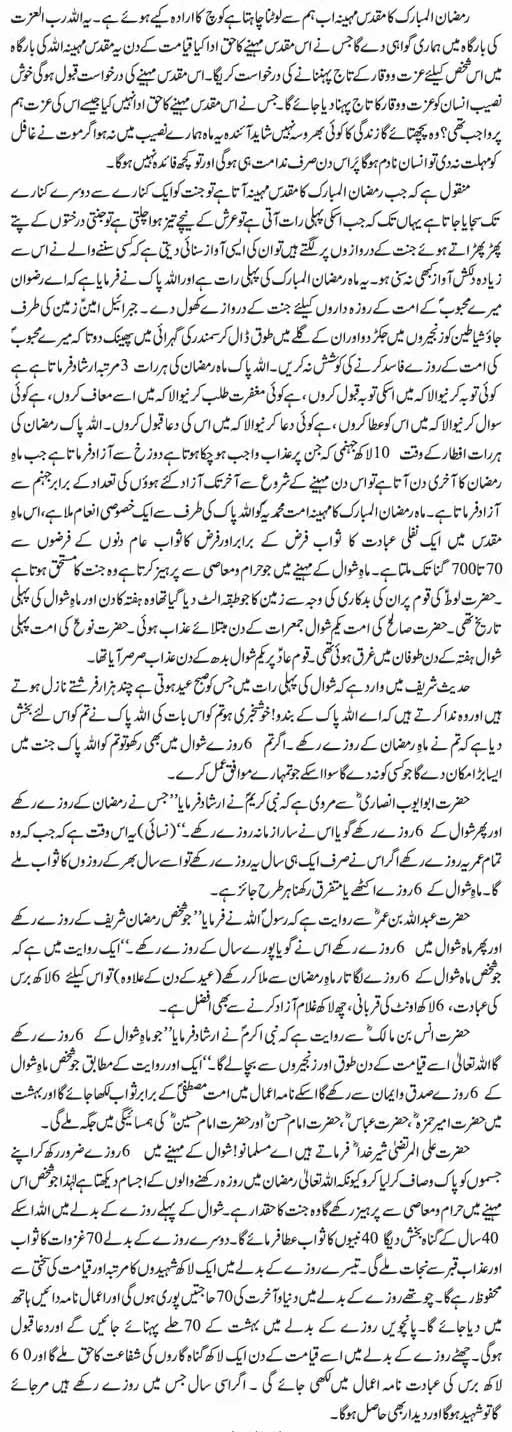I am a firm believer in the Quran and Allah. Thank Allah my faith and trust in Him grows each day. My concern is this: the Quran mentions over and over the blessings of Heaven. It repeatedly mentions beautiful, pure maidens as a bounty of Heaven. People often say Islam is a male dominance religion.
Why is there not mention of rewards for women?
Since you believe in Allah and His Book, you must know that (“: and not one will thy Lord treat with injustice”), Verse 49, Surat al-Kahf, or the Cave, and (“Allah is never unjust in the least degree: if there is any good (done), He doubleth it, and gives from His Own Self a great reward”), Verse 40, Surat an-Nisa, or the Women
Allah has meant this Law of Islam (Shariah) for both men and women. All address to men in the Quran is address to women, and all rules affecting men affect women as will unless evidence is established that one of them is meant and not the other as in the rules relating to Jihad (fighting for Islam), menstruation, custodianship, rule etc.
The evidence that women are included in Verses of the Quran in the male gender is a Hadith by Ayishah who said that the Prophet (May peace and blessings be upon him) was asked about a man who sees traces of semen but does not remember having any dream of sexual nature. The Prophet (May peace and blessings be upon him) said: “Such man should perform the Ghusul (ritual ablution). Umm Salim said “A woman may have the same experience. Does she have to perform the Ghusul (ritual ablution)?” The Prophet (May peace and blessings be upon him) said: “Yes, there is no difference in this between man and woman.” Narrated by Abu Dawud, at-Tirmizi 113 and others. The last phrase is in Sahih al-Jami’ under No. 2333
With respect to rewards in the Hereafter and what women have in heaven, we include a number of Verses and Hadiths as follows:
Um Salamah said: “O Messenger of Allah. I did not hear a Verse in the Quran regarding the Hijrah (migration with the Prophet ) of women.” Then was revealed the Verse: (“And their Lord has accepted of them, and answered them: Never will I suffer to be lost the work of any of you, be he male or female: ye are members, one of another: those who have left their homes, and were driven out therefrom, and suffered harm in My cause, and fought and were slain – Verily I will blot out from them their inequities, and admit them into gardens with rivers flowing beneath; … A reward from Allah, and from Allah is the best of rewards.”), Verse 195, Surat al-Imran, or the Family. The Hadith was narrated by at-Tirmizi under No. 3023.




